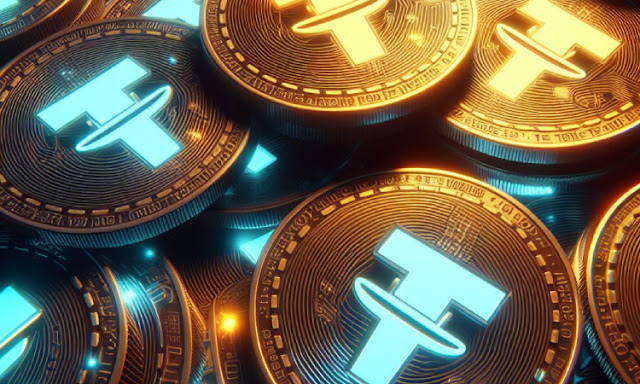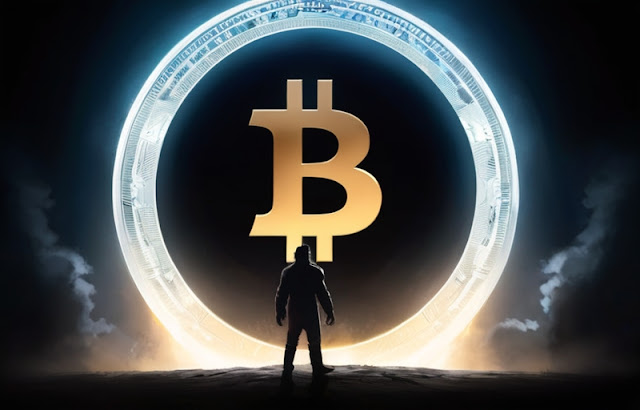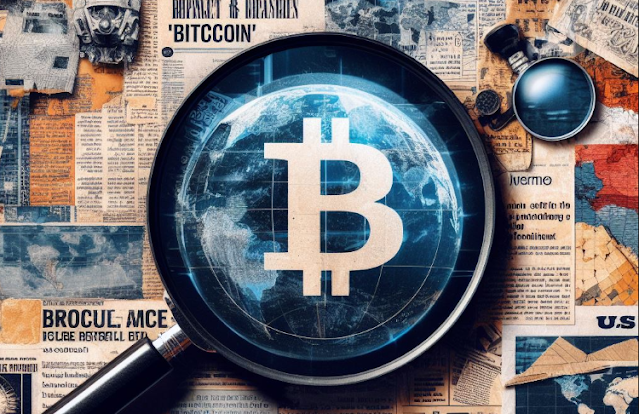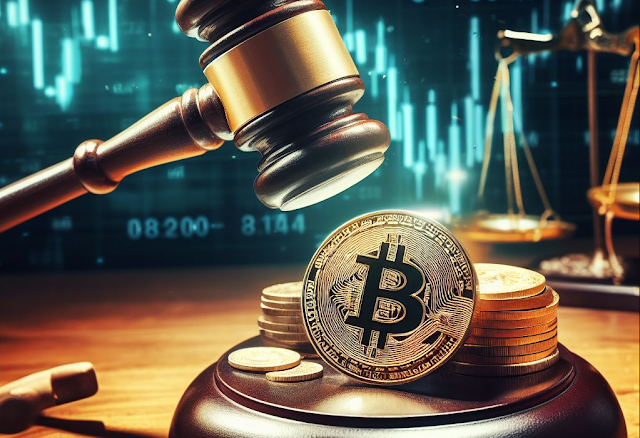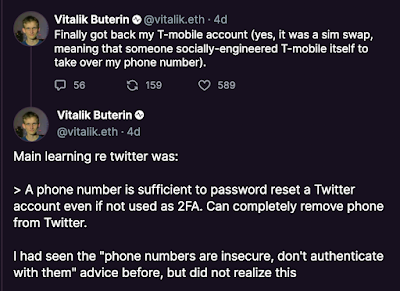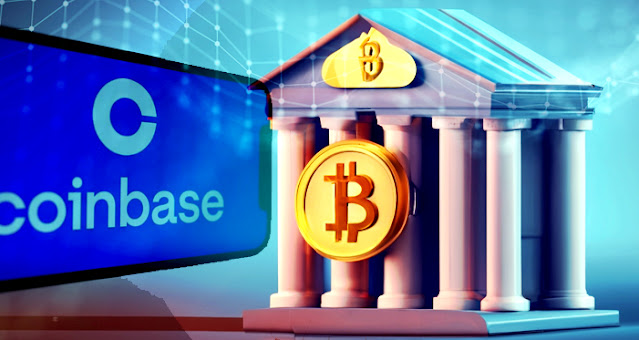"I Bought my Bitcoin for a Little Under $9000... YESTERDAY"
That's what one lucky trader who used crypto exchange Bitmex managed to do yesterday. As the market was in freefall and clearly intending to 'buy the dip' - the still anonymous user's 'dip' was more like a massive free leading deep under ground, finally landing at a discount of about $54,000!
The Obvious Question: How!?
It's important to note that there is no official answer to this question, yet. The exchange says they're "investigating the massive sell orders to better understand the circumstances that led to this unusual market activity".
We do know someone dumped 400 BTC onto the exchange, which is a lot for any exchange to immediately handle, and in the case of BitMEX they're not even among the top 10 exchanges daily volume.
Without any signs of a hack, or bug on the exchanges end, it appears the seller and his poor choice of where to sell his 400 Bitcoin was enough to cause a "flash crash" or a liquidity crisis. Flash crashes occur when there is a large sell order or a cascade of sell orders overwhelming the buy orders in the order book.
In Other Words, Someone Messed Up, BADLY...
While an exchange like Binance or Coinbase could handle selling 400 BTC without causing any drastic price movement, BitMEX often doesn't move this much Bitcoin in an entire day.
Still, the seller could have at least set a fixed price near market value to prevent selling for much lower. But this seems to have been a market order - which is designed to sell as fast as possible by accepting every offer on the books until they have nothing left to sell.
It's q both smart enough to have accumulated 400 BTC, but dumb enough to accidently sell them at pric
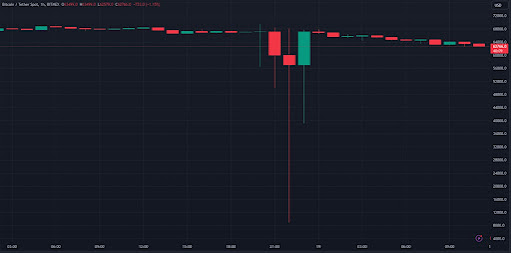 |
| For just a few seconds, Bitcoin drops under $9000, a price not seen since 2018... |
Without any signs of a hack, or bug on the exchanges end, it appears the seller and his poor choice of where to sell his 400 Bitcoin was enough to cause a "flash crash" or a liquidity crisis. Flash crashes occur when there is a large sell order or a cascade of sell orders overwhelming the buy orders in the order book.
In Other Words, Someone Messed Up, BADLY...
While an exchange like Binance or Coinbase would have been able to handle a sell of 400 BTC without causing any drastic price movement, BitMEX often doesn't move this much Bitcoin in an entire day.
Still, the seller could have at least set a fixed price near market value to prevent selling for much lower. But this seems to have been a market order - which is designed to sell as fast as possible by accepting every offer on the books until they have nothing left to sell.
It's so odd when you realize both smart enough to have accumulated 400 BTC, but dumb enough to accidently sell them at price.
How You Could Benefit from Situations like This in the Future...
Flash crashes are gone... in a flash, and you won't spot one happening until it's over. So if you want to give yourself the very small chance that one day a flashcrash will benefit your wallet, you need to place low bids for your favorite coins now. Make the orders are set 'Good Until Canceled' so your offers sit there ready to be accepted if they get the chance. But realistically, you should consider the funds used for this as funds you're simply HODLing, as the end result will probably be the same.
---------------
Author: Ross Davis
Silicon Valley Newsroom
GCP | Breaking Crypto News


